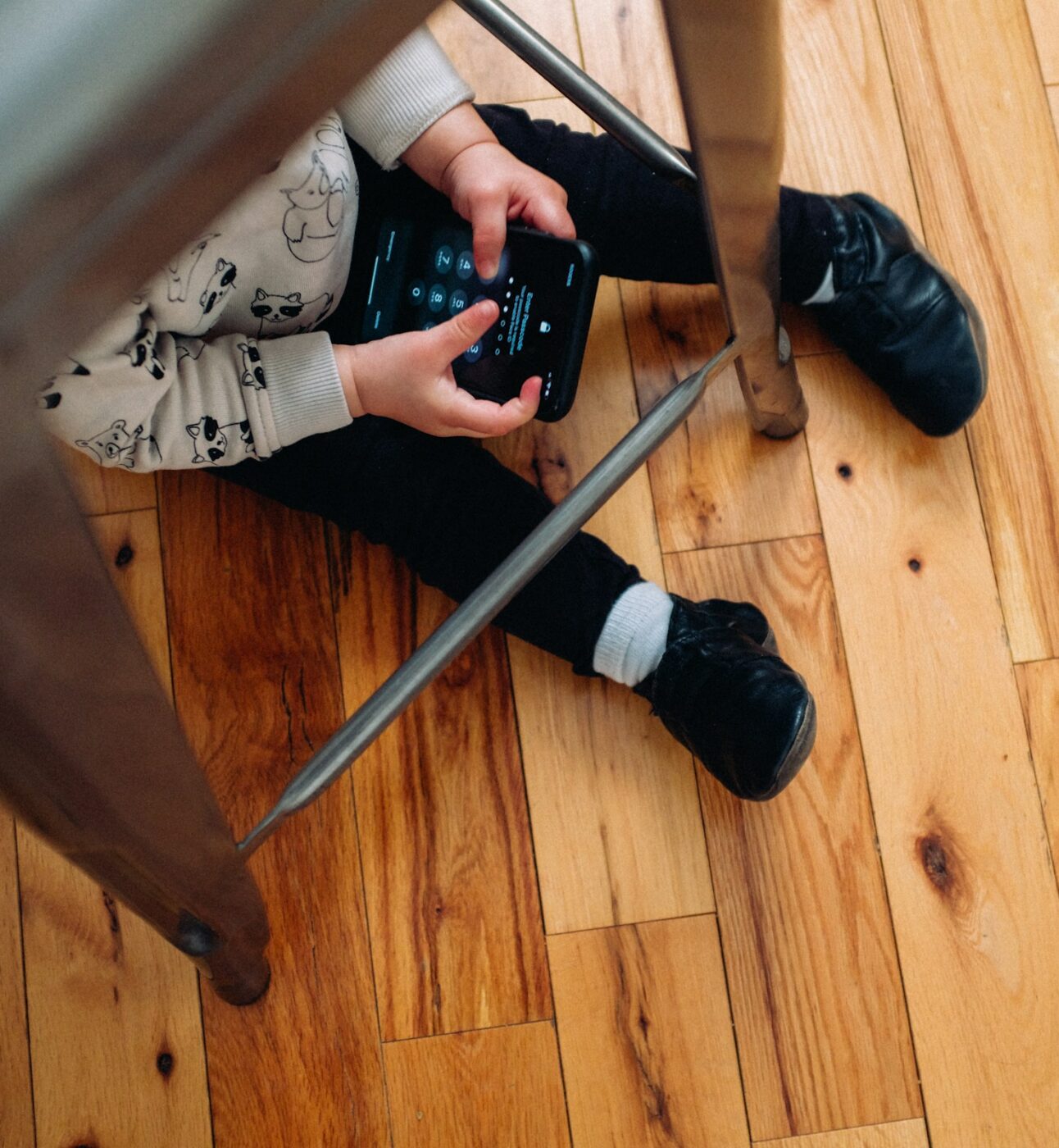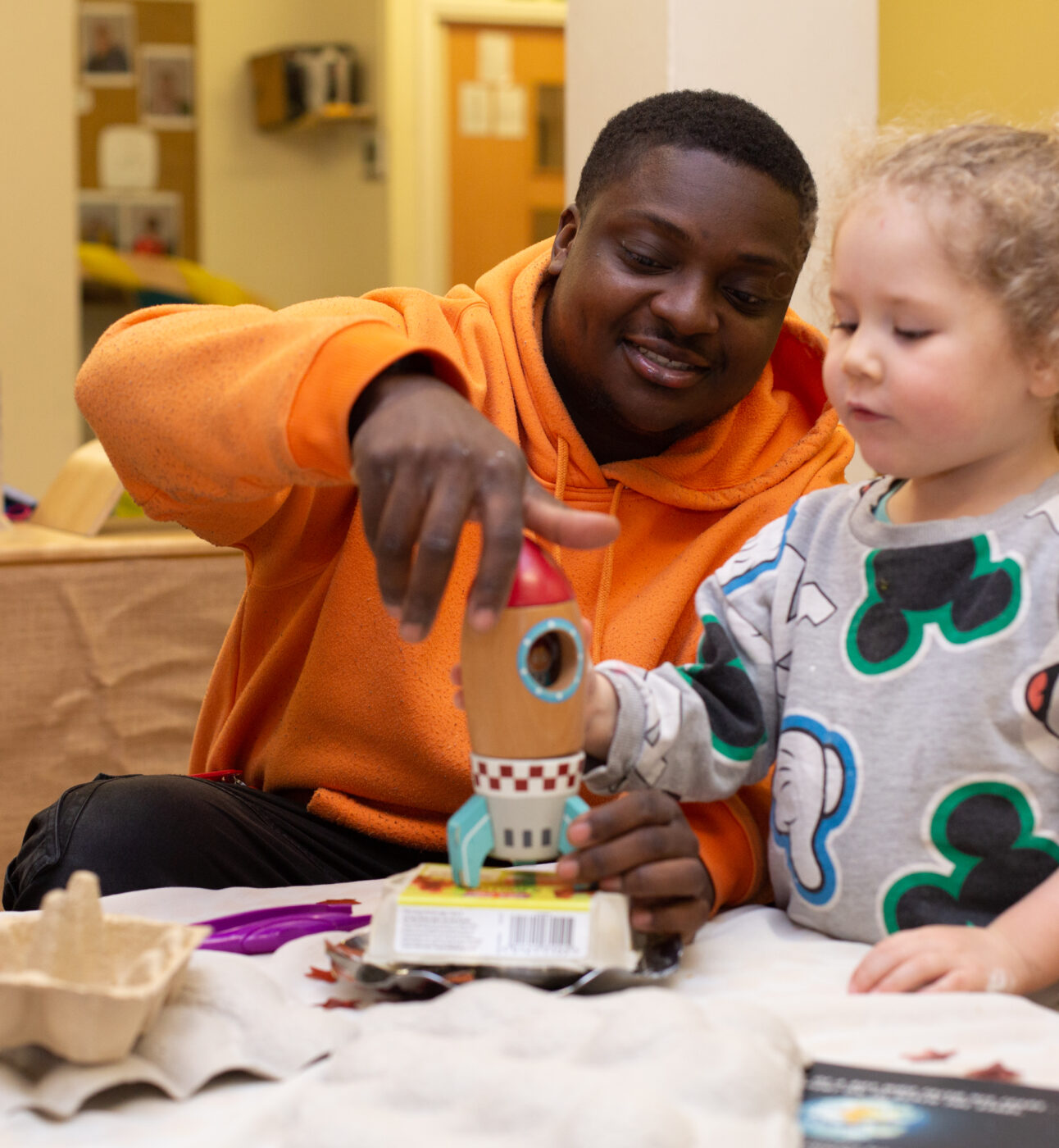
The impact of the mobile phone
It is Good to Talk! The signs of things going wrong in society are usually first evident in small children. The widespread dependence on Smartphones is…
December 10th 2021
Why now is the time for national leadership and a rescue, recovery and repair plan for the nation’s youngest children.
I have long reluctantly accepted that any child under 2-years-old is almost nonexistent in our Early Years policy. But just for the record, children arrive at nursery aged zero and by six months many are in full-time daycare, often for up to 10 hours a day. So why are they so invisible?
I’m sure I do not have to remind you of the research that says investing early is the best way we can nurture society but in policy, that mostly means investing in those children aged three-plus. The 1001 Days is the only policy which focuses on babies and challenges national and local decision makers to value and invest in babies’ emotional wellbeing and development.
Supported by many organisations (including LEYF), this collaborative has signed up to the research that shows that the first 1,001 days of a child’s life – from pregnancy to age two – lay the foundations for a happy and healthy life. The support and wellbeing of babies during this time is strongly linked to better outcomes later in life, including educational achievement, progress at work and physical and mental health.
Read Alison Gopnik and you will find that baby brains are fizzing with synaptic connections. Their brains are flooded with neurotransmitters that are inducing learning and plasticity. And the inhibitory parts haven’t come on yet. So why do we ignore them? Suzanne Zeedyk would tell you that the way we relate to babies shapes their brains.
Many babies were born during lockdown and had their natural social instincts limited by the whole experience. In a recent report Babies in Lockdown parents raised their concerns which included:
Almost 7 in 10 (68%) parents felt the changes brought about by COVID-19 were affecting their unborn baby, baby or young child.
A third (34%) of respondents believed that their baby’s interaction with them had changed during the lockdown period.
One quarter (25%) of parents reported concern about their relationship with their baby, and one third (35%) of these would like to get help with this.
Almost half (47%) of parents reported that their baby had become clingier. One quarter (26%) reported their baby crying more than usual.
Many of these babies are now attending nurseries at settings which their parents haven’t even seen, except virtually or through the window from the garden. Obviously, many adults wear masks so their babies are not watching their mouths or following their expressions and responses, which is just one of the critical elements of children’s early language learning.
the newly designed temporary settling in processes, while well-meaning feel like a scene from the Handmaid’s Tale.
Put on a mask and go to the door → Take the baby from another masked adult → Avoid taking his comforter for fear of spreading germs → Say goodbye and take the child indoors → Sanitise him and all his belongings → At the end of the day do much the same
Therefore, should we not be examining what this means for our babies. Should we not be investigating comments such as:
“They seem fine”
“She is happy all day long”
“We are sending many more photos home”
“They have taken longer to settle and cry more but they do settle”
“We don’t really like this, it feels weird not having parents popping in”
“We like it, it’s easier and the children adjust quickly”
Should we not check these statements and ascertain which are right, wrong, nuanced or in between? If babies are fizzing with brain power and we are establishing their social and language skills, is it not time to conduct some research to better understand what is happening and if we are doing the right things? This is super important for children from more disadvantaged and stress backgrounds or home lives. Amanda Spielman calls them ‘ghost children’.
COVID-19 is not going away quickly. That may mean a redesign in how we support babies attending nurseries. Why therefore does no one want to properly fund a piece of research about babies who are either currently attending nursery or about to begin.
Am I asking the right people? Is this something that needs the support of parents?
If you agree that we need to examine the experiences babies are receiving at nursery, then please contact me. Share this widely. We must collaborate on this. Our babies matter and we must get it right for them. Babies are not ghosts, they are really alive, kicking and their brains are fizzing.

It is Good to Talk! The signs of things going wrong in society are usually first evident in small children. The widespread dependence on Smartphones is…

Social enterprises are driven by social justice and deliver a range of public services including health, social care, children, services, education, homelessness, housing, domestic abuse, public health, leisure, culture, employment,…

Release your inner Mariah and sing this in the staff room! Ahhh Ahh, I don’t want a lot for Christmas …